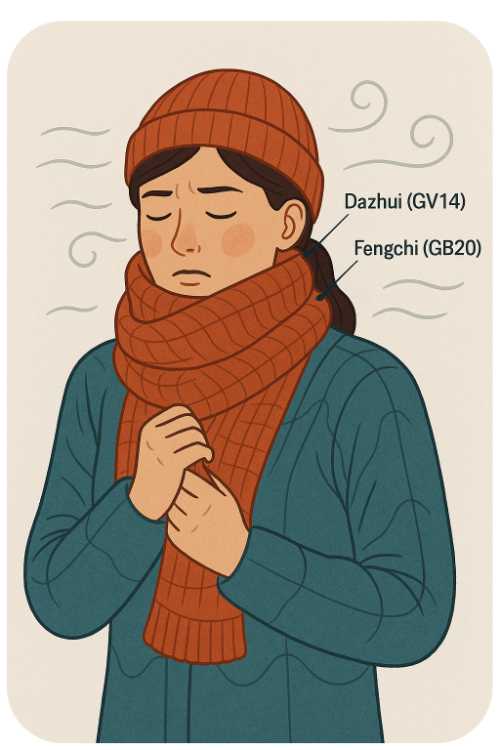Quieting the Mind:
An Introduction to Stillness
In Chinese health culture, caring for the mind is as important as caring for the body. Emotions, thoughts, and stress all affect the flow of qi—the vital energy that supports life. Just as exercise keeps the limbs moving, stillness nourishes the heart and spirit.
Meditation doesn’t need to be complicated or tied to any religion to be effective. In fact, some of the simplest moments—sitting quietly in the morning, walking slowly through a park, watching clouds drift by—can have a powerful calming effect. In traditional Chinese thinking, these quiet moments help settle the shen (神), or spirit, and restore internal harmony.
Practices like jingzuo (静坐), or “quiet sitting,” are used to release tension, slow the breath, and allow thoughts to pass without getting caught in them. Many Chinese elders take time each day for this kind of stillness, often in nature or near trees or water. You don’t need special training to begin—just a few minutes of quiet attention can shift how your body feels and how your mind responds to stress.
Some forms of meditation found in Chinese tradition are connected to Chan (禅), the Chinese root of Japanese Zen. These teachings often emphasize simplicity: just sit, breathe, observe. The goal isn’t to escape reality but to rest more deeply within it.
In modern life, constant activity is often praised—but the body and mind need rest that isn’t just sleep. Stillness allows the nervous system to settle, emotions to soften, and clarity to return. Even five quiet minutes during the day can begin to change how you handle tension, anger, or anxiety.
Stillness is not inactivity—it is awareness. And in that pause, the body remembers how to heal.
Vocabulary Guide
- Qi (气) – The vital life force in traditional Chinese thought, believed to circulate through the body and respond to emotions, movement, and rest.
- Shen (神) – Often translated as “spirit” or “mind,” shen reflects one’s consciousness, emotional clarity, and presence. Calming the shen is central to meditation.
- Jingzuo (静坐) – Pronounced “jing-dzwo,” this means “quiet sitting.” It refers to a basic form of seated meditation used to calm the breath and mind.
- Chan (禅) – The Chinese tradition of meditative stillness that later became known as Zen in Japan. It emphasizes direct experience and simplicity.






